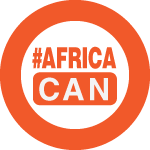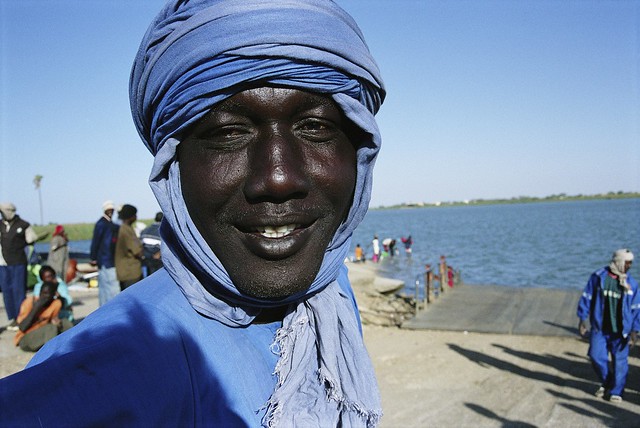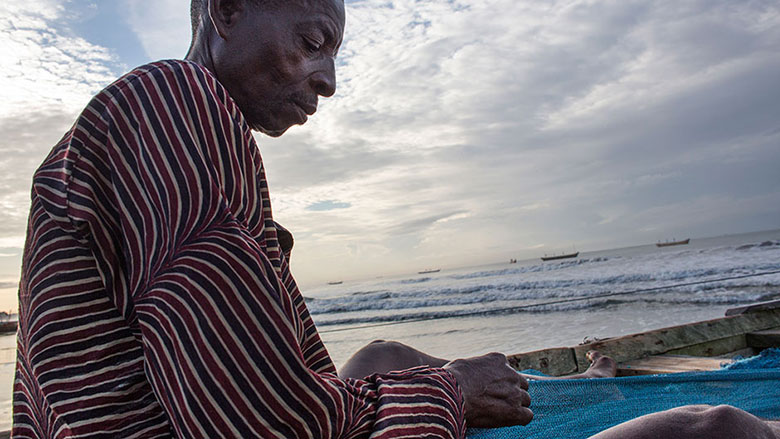A landlocked country in East Africa, Burundi is a low-income economy, with 80% of the population employed in the agricultural sector. Located in the Great Lakes region, Burundi is surrounded by Rwanda to the north, Tanzania to the east, the Democratic Republic of the Congo to the west, and bordered by Lake Tanganyika to the southwest. With a population of 13.2 million people (2023), 50.3% of whom are women and 41.5% young people under 15, Burundi is one of the most densely populated countries in the world, with a density ratio of 442 people per square kilometer (2020 population projection).
Burundi has made significant progress in terms of the quality of and access to education. Since the introduction of free primary education in 2005, the gross enrollment in primary education reached 118.4% during the 2022/2023 school year without significant variation between provinces, gender, or level of income.
Political Context
President Evariste Ndayishimiye was elected in 2020 for a seven-year term of office. The ruling party, CNDD-FDD, has dominated the political scene since 2005, with a large majority in the National Assembly (87 out of 123 seats) and the Senate (38 out of 39 seats). Legislative elections are planned for May 2025 and will follow the new country’s administrative structure which reduces the numbers of provinces from 18 to 5 and the new number of parliamentarians will be 103.
The National Development Plan (NDP) was updated to implement Burundi’s vision, "Emerging country in 2040 and developed country in 2060". The NDP has an overall objective of transforming structurally the Burundian economy for strong, sustainable, resilient, and inclusive growth, creating decent jobs for all and leading to the improvement of social well-being. The implementation of the vision will promote population growth compatible with the viable and sustainable management of available resources, as well as human development likely to be valued on national and international labor markets.
Socio-economic Background
Economic growth accelerated to 2.7% in 2023, up from 1.8% in 2022, supported by favorable rainfall and increased investment. However, growth is expected to slow to 2.2% in 2024, as persistent fuel and foreign exchange shortages continue to weigh on the economy. The industrial sector (1.2% growth vs. 2.7% in 2023) and services (2.0% vs. 2.6% in 2023) will be most affected. Over 2025-26, growth is anticipated to average 3.9%, supported by agriculture, mining, and government spending.
Inflation averaged 27.1% in 2023, due to surging food and fuel prices. It is forecasted to ease to 22.1% in 2024, as improved rainfall and restrictions on cereal exports help lower food prices.
The current account deficit reached 16.6% of GDP in 2023, driven by high oil prices and sluggish exports. It is expected to improve to 15.9% in 2024, with further reductions to 13.6% by 2026, as mining exports resume and forex reforms take hold.
Fiscal consolidation is expected to continue, with the deficit projected to shrink to 7.1% of GDP in 2024, owing to nonrecurring spending cuts and improved revenue collection. By 2026, the deficit is anticipated to fall to 4.7%, supported by tax digitization and reductions in non-essential spending. Public debt, projected at 70.6% of GDP in 2024, is expected to decline to 67.4% of GDP by 2026.
Last Updated: Oct 03, 2024







